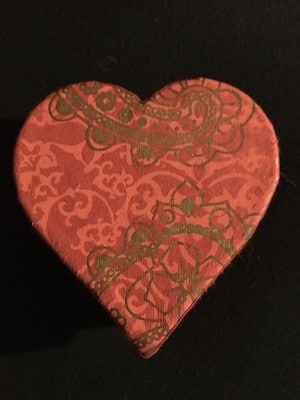On Sticking the Landing: “The End”
What is more disappointing than reading a good book—maybe even a first-rate page-turner—and then having the ending fall flat? I recently had that unpleasant experience with a work of a quite renowned author. The result was that I was left with an unsatisfied taste in my mouth as my final memory of the book, which otherwise I would have recommended. Think of an Olympic gymnast: she may perform like an aerial pixie, but if she stumbles on the landing, her … Read More »






